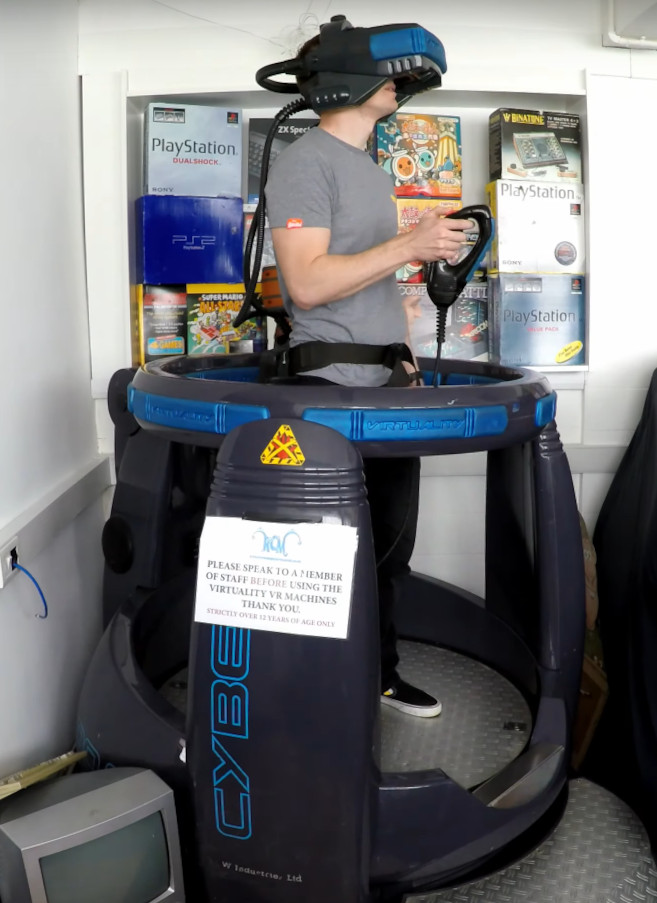Hong Kong's New Ordinance Enhances Access to Virtual Courtrooms

On March 28, 2025, Hong Kong's legal landscape underwent a significant transformation with the implementation of the Courts (Remote Hearing) Ordinance (Cap. 654), which broadens access to 'virtual' courtrooms. This new legislation allows for remote hearings across all levels of courts and tribunals, particularly for non-trial criminal proceedings and civil cases, marking a pivotal shift towards digitalization in the legal profession.
The ordinance establishes a comprehensive legal framework for conducting remote hearings, thus acknowledging the increasing necessity for technological proficiency among legal practitioners. Jennifer Wu, a partner at Pinsent Masons and an expert in Technology, Media, and Telecommunications (TMT) law, emphasized that adaptability and technological skills are now essential for legal professionals. She stated, “As remote hearings become more common, legal practitioners must be prepared to operate flexibly on digital platforms and be comfortable with all virtual courtroom etiquette.”
Remote hearings, defined as court proceedings conducted via telephone or live audio-visual links, are now permissible for various procedural matters, including pre-trial reviews and case management conferences. The ordinance mandates that courts consider several factors when deciding whether to conduct a remote hearing. These include the nature and complexity of the case, the type of evidence involved, and the ability of the parties to engage with the proceedings adequately. Wu noted, “These considerations ensure that remote hearings are used appropriately and do not compromise the fairness or integrity of the judicial process.”
In an effort to maintain transparency and public access, the ordinance requires courts to issue directions for live broadcasts of public remote hearings. To further safeguard the integrity of the judicial process, it introduces new offences related to the unauthorized recording or broadcasting of both physical and remote hearings.
Concerns regarding the reliability of remote testimonies are addressed by allowing courts the discretion to amend or revoke remote hearing orders if necessary, requiring in-person attendance instead. Wu highlighted the importance of effective preparation for all parties involved, stating, “Legal practitioners and participants preparing for remote hearings should ensure that all required hardware such as video conferencing units, laptops, and microphones function properly.”
Furthermore, participants are encouraged to conduct technical tests prior to scheduled hearings to mitigate potential connectivity issues. Selecting a quiet, well-lit location free from interruptions is also recommended to foster a professional environment.
The expansion of virtual courtroom access reflects broader trends in the global legal system, where technology is increasingly integrated into judicial processes. As jurisdictions worldwide adapt to these changes, Hong Kong's legislative update positions it at the forefront of legal innovation in the Asia-Pacific region. The implications of this shift could influence how legal services are delivered and accessed in the future, making technological proficiency not just an option but a fundamental requirement for legal practitioners in Hong Kong and beyond.
Advertisement
Tags
Advertisement





